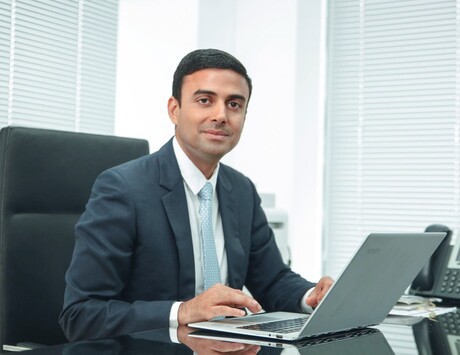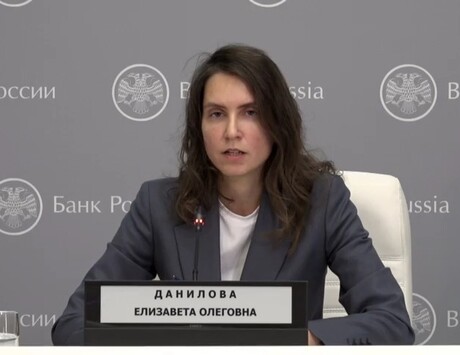As an investor, I’ve seen the best and worst of the Euro 2012 host, but I won’t give up on it.
The European Championship is usually a chance to show the world your best side and bask in sympathetic international media attention. Not so Ukraine. The pre-publicity has already fixed it in the public mind as a place of corrupt politicians, absurd prices, violent policemen and racist football gangs.
This is not a good return on the almost ten billion pounds the state invested preparing for the tournament — and nor is it entirely a fair one.
For almost 15 years I have been a major investor in the country. During that time governments have illegally seized my assets, I have seen court judgments ignored, and even had the police launch a spurious raid against my business. Despite this I am not ready to write off Ukraine.
My involvement in earnest began in 1999 when Leonid Kuchma, the Ukrainian President who subsequently found himself on the wrong side of the 2004 Orange Revolution, invited me to an investment forum at the presidential palace. At the time the country was in a lot of trouble, dealing with a debt default and a currency collapse. Kuchma, who at least understands business, suggested I build some hotels in the Crimea, the sun-kissed peninsula on the shores of the Black Sea. I owned some sovereign debt, so we agreed a conversion swap that ended with me building 900 hotel rooms and villas in the resort of Alushta.
In 2004 I was prevailed upon to buy the Soviet-era Ukraine Hotel in the heart of Kiev. Viktor Yanukovych, Kuchma’s Prime Minister, stepped in to iron out the glitches and a 50-50 joint venture was agreed in which I would invest an initial $24 million.
What followed was a lesson in all that is negative about Ukraine. The Orange Revolution, a popular uprising that prevented Yanukovych taking power after corrupt elections, was hailed in the West as a democratic ray of light, but the cupidity and incompetence of some of its leaders was worse than what had gone before.
Someone in the new Government did not like me owning the hotel and I soon found my investment under attack. I quickly discovered why: some of the revolutionaries who had just come to power were illegally siphoning off a couple of million dollars from the hotel every year.
The revolutionaries are gone and Yanukovych is now President, having won fairly in 2010. As he had signed the original decree that granted me a stake in the hotel, I had some cause for optimism that the case might be resolved. It was not to be: we have won more than 40 court cases but, outrageously, I am still unable to take up my rights as the hotel’s joint owner.
Then, in the autumn of 2010, there was a raid on my largest hotel in Crimea. Supposedly, the authorities were investigating a tax issue, but there was no further legal development and the whole event was, seemingly, a message to back off delivered in the bluntest possible way. All this amounts, in my view, to legalised tyranny.
Sometimes it takes an individual injustice to alert the world to such abuse, so hopefully the international media will have a greater appetite to report the brutal treatment of the former Prime Minister and Orange Revolutionary Yuliya Tymoshenko, locked up for nakedly political reasons. Perhaps Euro 2012 can be the vehicle to bring her story to wider attention.
Yet for all its undoubted faults — including a chronic failure to address its appalling record on HIV/Aids — Ukraine can and must remain an attractive proposition for investors. It has considerable advantages over other former Soviet states. Much of the workforce is skilled, productive, well-educated and affordable.
Despite the racism of some fans, the people are outward-looking, open and welcoming. This is why I believe that the country’s best hope is to become a major tourism destination. Crimea, whose landscape is the aesthetic match of Italy’s finest, was the home of Chekhov as well as the vacation spot of the tsars. In the Soviet era, visiting Politburo members made it a Communist Riviera. There is no reason why it shouldn’t reclaim its glamour.
With reform, a zero-tolerance approach to corruption and stronger democracy, Ukraine could yet become an engine of growth in Europe’s East, at a time when opportunities for growth seem limited. That would be a result that investors want and the country deserves.
Alexander Lebedev is Chairman of the National Reserve Corporation and his family publishes The Independent, Evening Standard and Novaya Gazeta newspapers



